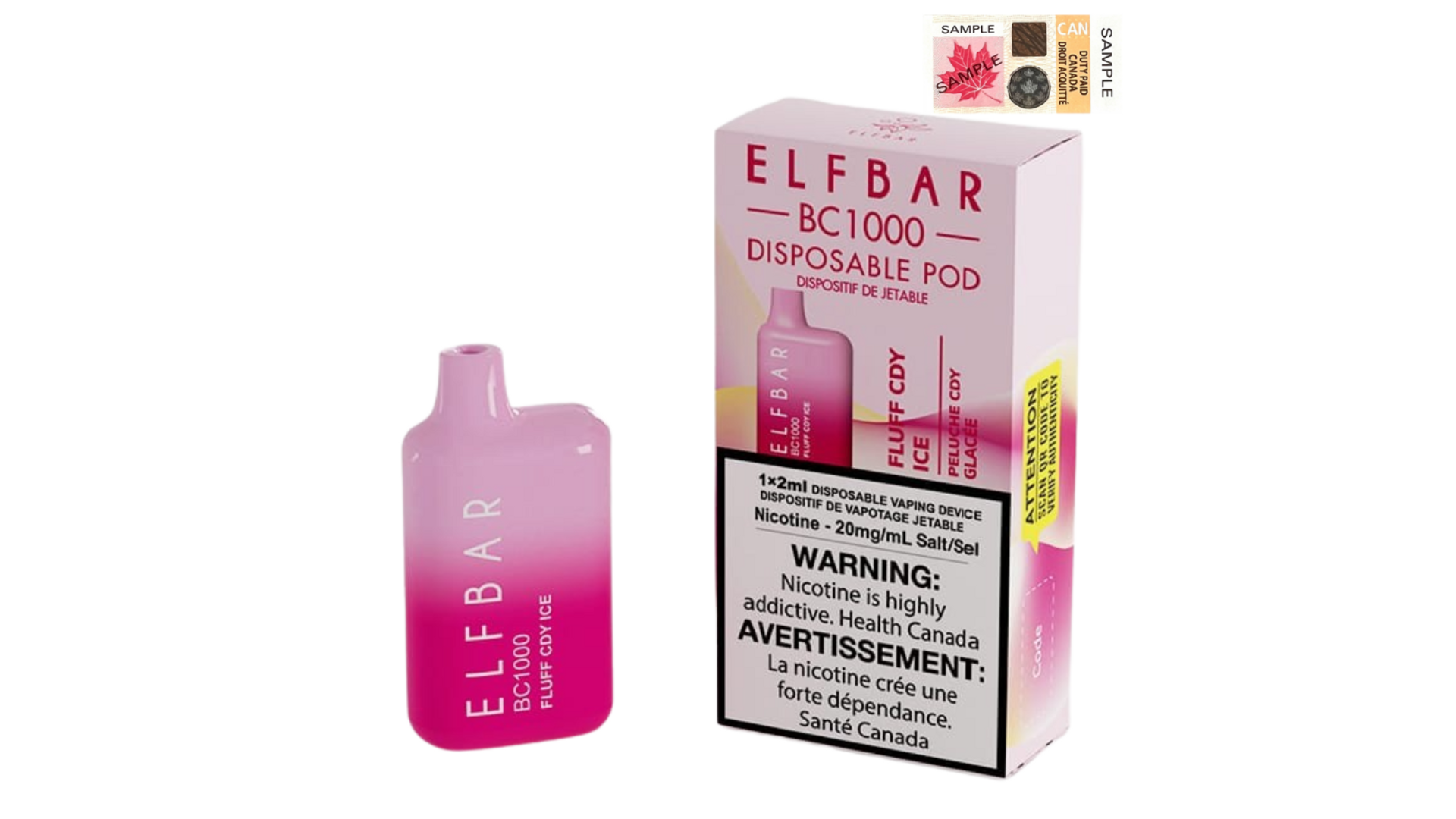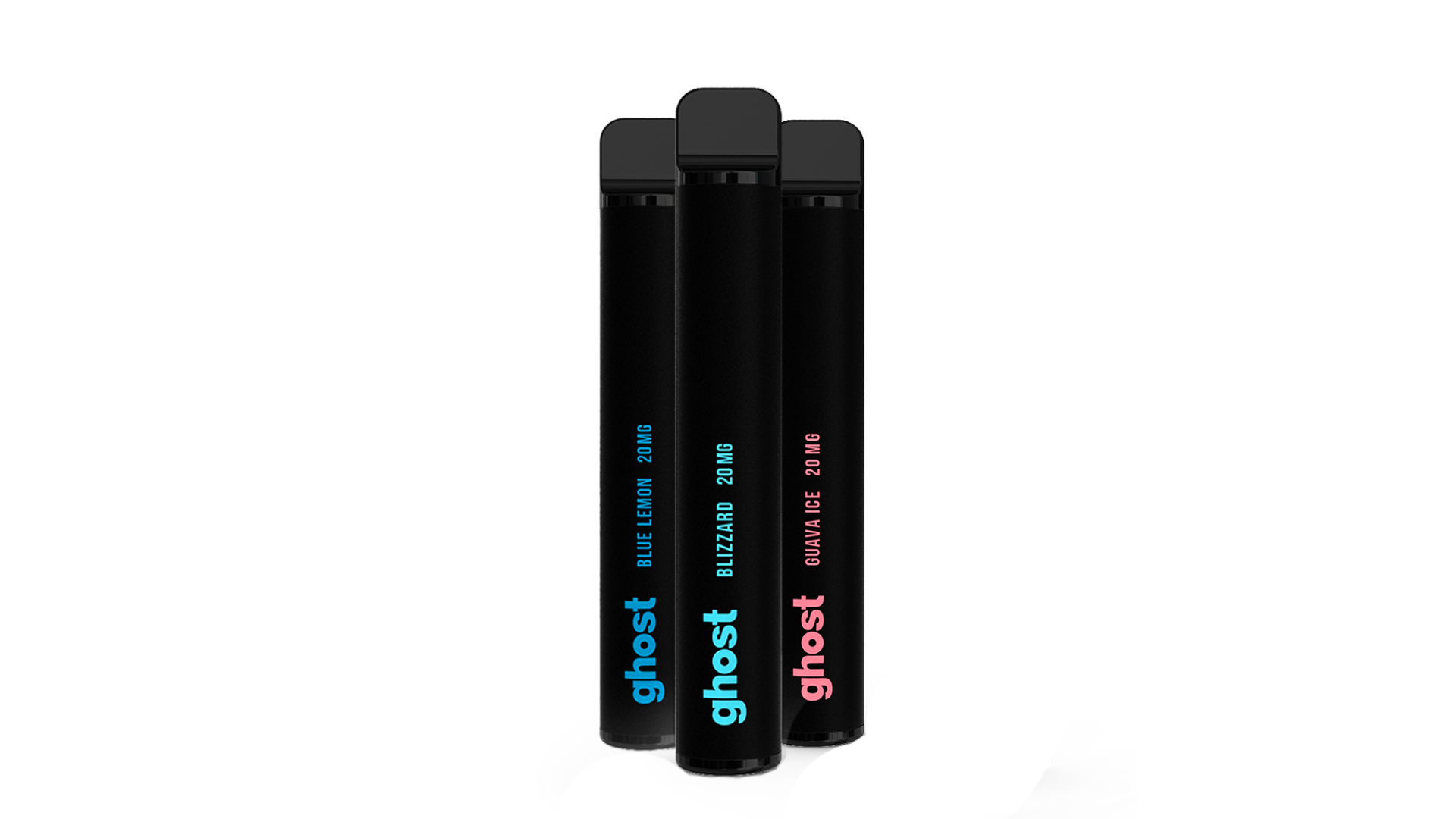Vaping Risk and Benefit
Electronic cigarettes probably improve public health, according to a study released Thursday by an international team of researchers.
Smoking-related deaths will fall by 21 percent among those born in 1997 thanks to vaping, the study projected. But very high e-cigarette use could result in net harm.
The modeling study examined various scenarios to weigh the potential benefits e-cigarettes provide in helping smokers quit against the potential harms by introducing nonsmokers to nicotine.
Using reasonable assumptions, the study found a net benefit from e-cigarettes if they were up to 25 percent as harmful as smoking, said study leader David Levy. The lower bound was 2.5 percent risk.
"What we've tried to do is to show how the results depend on the assumptions about the risks we use," said Levy, a professor of oncology at Georgetown Lombardi Comprehensive Cancer Center.
The study was published in Nicotine and Tobacco Research. It was funded by the National Institute on Drug Abuse, the National Cancer Institute, and the Cancer Intervention and Surveillance Modeling Network. The study can be found at: http://bit.ly/vhstudy.
Such studies may provide guidance to the U.S. Food and Drug Administration as it prepares to regulate e-cigarettes. The FDA recently gave itself the authority to do so by redefining e-cigarettes as "tobacco products," along with cigars and hookahs. However, e-cigarette liquids don't contain tobacco and may not even contain nicotine.
And the e-cigarette industry has said the high cost of complying with the regulations -- which will run into hundreds of thousands of dollars per product -- would drive many of the smaller, innovation manufacturers out of business. Big tobacco companies who can afford the cost would benefit.
Levy said he shared that concern, and hoped that the FDA would take into account the needs of smaller e-cigarette companies. The rule goes into effect Aug. 8. Companies have two years to get their products certified.
It's not clear how the FDA's plans to enforce its regulations affect the study's assumptions, Levy said.
"It's clear there's a lot of pushback, there's a number of legal suits and I suspect there's going to be a lot of changes in policy. Until we know that, any comments I would make would be gross speculation."
'Potentially dramatic' benefit
Dr. Laura E. Crotty Alexander, a UC San Diego assistant clinical professor of medicine and staff physician at VA San Diego Healthcare System, said the article is helpful but not definitive.
"This article shines a light on the potentially dramatic and beneficial consequences of nicotine delivery devices (NDDs) in the U.S," Crotty Alexander said by email. "It is refreshing to focus on the possible life-extending effects of NDDs, when they are used in place of conventional, combustible cigarettes."
The study falls short of actually proving e-cigarette benefits for quitting smoking, said Crotty Alexander, who conducts research on e-cigarettes.
"The data still does not suggest that NDDs help in smoking cessation," she said. "And data is lacking on what the health effects of NDDs will be. But the authors mentioned these limitations, among others, making it a well-balanced article."
Crotty Alexander said she personally agrees with a statement in the study that e-cigarettes will turn out to be much less risky than smoking, but that also hasn't been scientifically verified.
"I believe this statement to be true, but it is not based in fact," Crotty Alexander said. "We will not know the long-term effects of e-cigarette type products for decades to come. And we may end up being surprised by higher rates of adverse consequences on human health than currently predicted."
E-cigarette vapor is believed to be safer because it lacks numerous harmful substances found in tobacco smoke. Vapers who used to smoke also provide numerous first-hand examples of the benefits of e-cigarettes for smoking cessation. But whether vaping is also recruiting those who don't smoke is hotly debated.
"I think government does play an important role, and when government makes misleading statements like that, we see lack of trust in government."
-- Study leader David Levy on the Chicago Department of Public Health's PR campaign against e-cigarettes as "liquid poison.
Most e-cigarette liquids contain varying degrees of nicotine, which can have harmful effects on the developing brain. In addition, the liquids contain flavoring agents that in some instances may produce harmful effects, according to studies in cell cultures.
However, these effects haven't been demonstrated in actual vapers. Studies are needed to look for those potential harms.
Uncertainties
In the absence of such evidence, Levy and other researchers turned to modeling as the best method to assess risk and benefit. They examined numerous factors besides the assumed risk of e-cigarettes, including their effectiveness in helping smokers to quit, and their use by nonsmokers.
One of the uncertainties is that the various flavoring agents and other ingredients vary among e-cigarette liquids, Levy said.
"If a lot of junk is put in there, ones without nicotine could be more harmful than those with nicotine. but without all the junk added in," he said. "The FDA can play an important role in standardizing and making sure there's limits on potentially toxic chemicals added to e-cigarettes."
"It's also important to distinguish by age," he said. "Nicotine is harmful under the age of 21 for sure. It's not good for development of the brain. There's substantial research on that."
Because of that harm, the minimum ages for smoking and using e-cigarettes should be the same, Levy said.
Public health campaigns should be careful not to over-dramatize the potential dangers of e-cigarettes or single them out for censure, Levy said.
Among the more extreme examples, the Chicago Department of Public Health condemns vaping as "liquid poison."
http://www.sandiegouniontribune.com/news/2016/jul/14/vaping-positive-public-health-levy/















